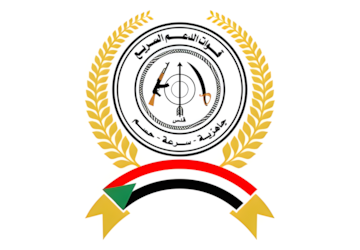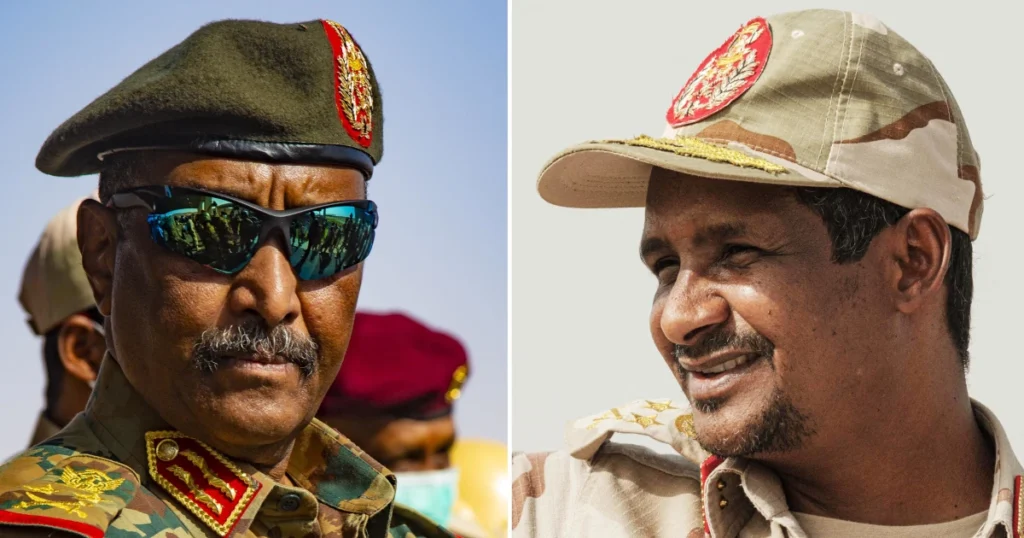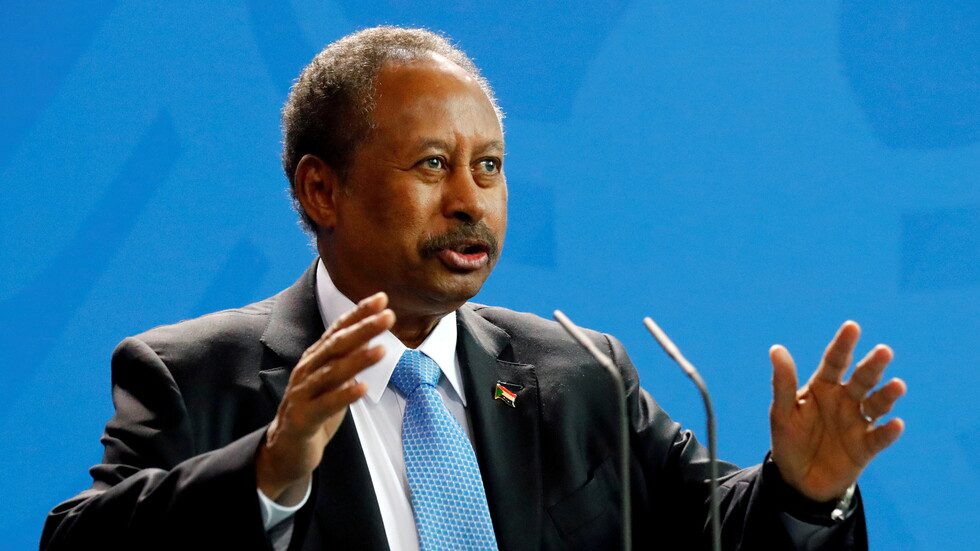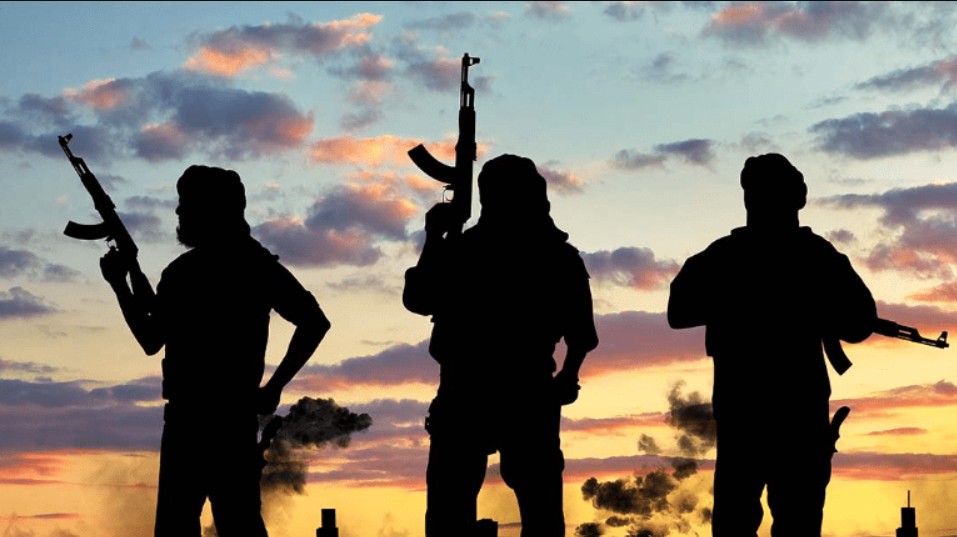
The tragic echoes of human suffering amid Sudan’s seven-month war reverberated within a small enclave where animals, including malnourished and distressed lions and hyenas, found themselves trapped and endangered amidst the conflict.
In 2021, volunteers established a modest sanctuary on the outskirts of Khartoum, initially intended to rescue ailing lions from a deteriorating zoo in the city. However, the escalation of conflict turned this sanctuary into a battleground.
The refuge, situated near a military base, endured airstrikes and damage, causing harm to the animals and making their survival precarious, recounted Othman Salih, founder of Sudan Animal Rescue.
After months of struggling to sustain these creatures, Salih orchestrated a daring rescue operation in collaboration with the Austrian animal welfare organization Four Paws. Under tremendous risk, 50 animals, including 15 lions, hyenas, and various birds, were evacuated through heavily controlled checkpoints surrounding Khartoum.
The conflict, which erupted between the Sudanese army and the Rapid Support Forces in April, resulted in devastating consequences. More than 10,000 lives were lost, and 6.3 million people were displaced by November, marking an unprecedented humanitarian crisis.
Salih lamented the loss of seven lions, primarily due to illness, with one lioness falling victim to a stray bullet. The looming famine exacerbated the challenge, preventing adequate veterinary care for the distressed animals.
Volunteers, previously responsible for providing daily sustenance for the big cats, watched helplessly as the famished animals resorted to consuming the carcass of the lioness shot during the conflict.
Amid this chaos, Amir Khalil, the veterinarian leading the Four Paws mission, highlighted the animals’ physical and psychological trauma, which triggered their atypical behavior.
Salih, deeply attached to these animals, particularly reminisced about Moody and Mina, lion cubs he personally cared for since their infancy.
Despite the dedicated efforts to sustain the animals during the war, limitations became evident. The team’s arduous work in providing food and water faced insurmountable challenges.
Transporting the sedated animals out of Khartoum became one of the most perilous missions undertaken by Four Paws. Khalil emphasized the significance of meticulous planning and coordination with conflicting parties for the operation’s success.
The journey covered 140 kilometers to the Um Barona National Park in Wad Madani, an area largely unaffected by the conflict. However, the animals require recovery before their eventual relocation to the Dinder National Park, a UNESCO biosphere reserve on the border with Ethiopia.
The precise number of wild lions surviving in Sudan remains uncertain, although the Dinder region is known to be home to these majestic creatures. Lion populations have drastically declined across Africa, with an estimated 20,000 remaining in the wild between 1993 and 2014, according to WWF statistics.




